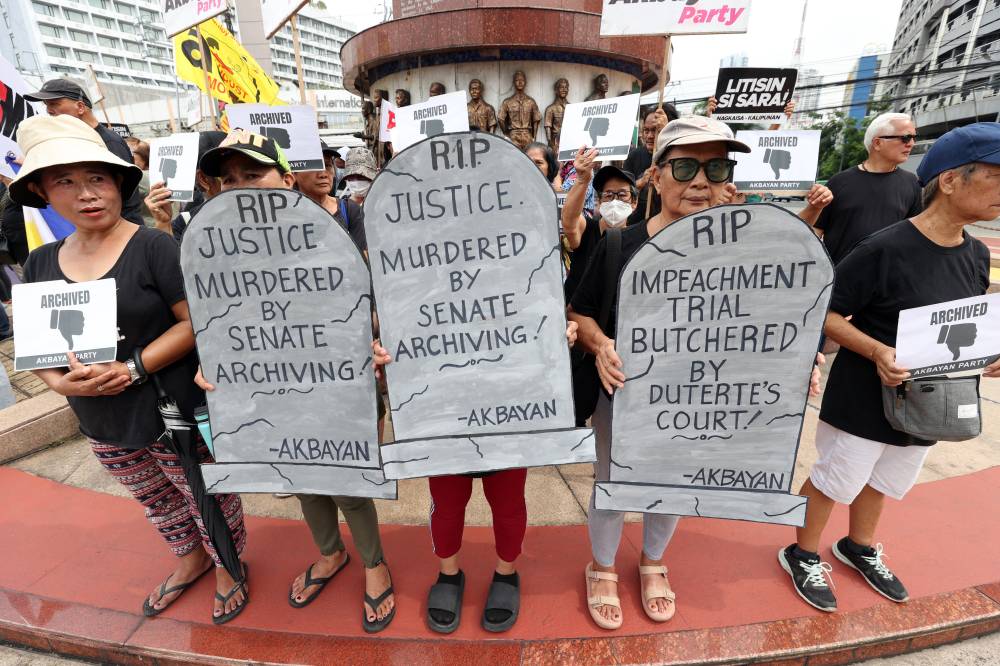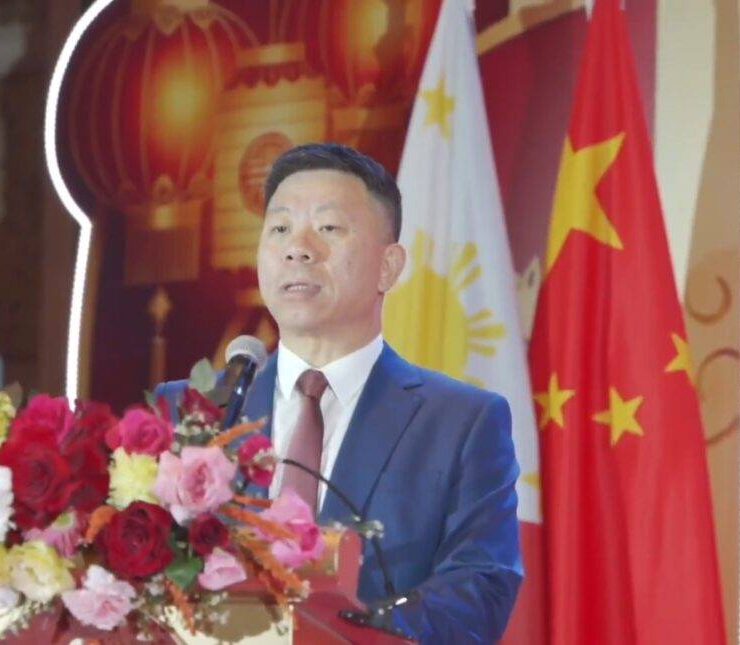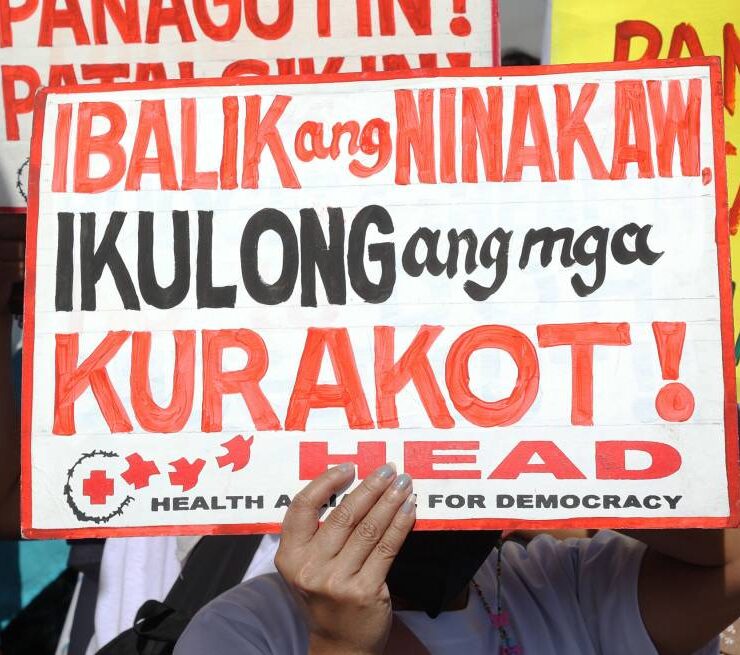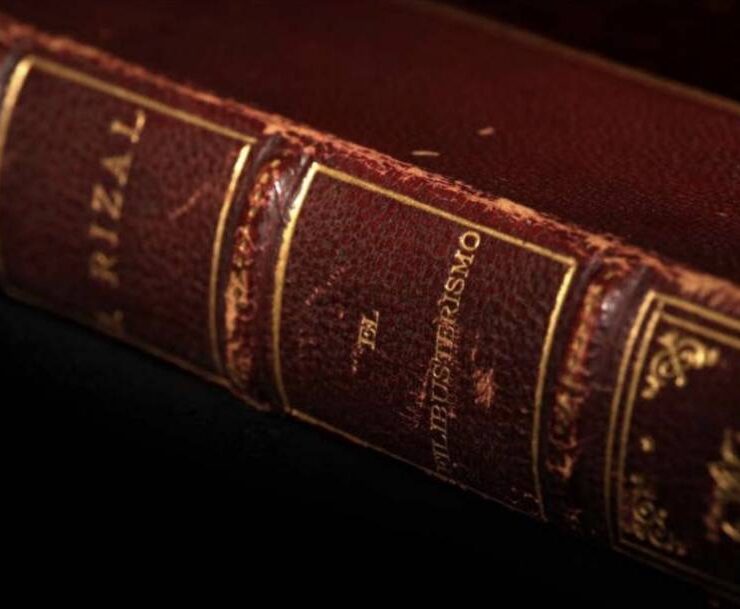Marcos: SC ruling did not resolve VP accountability

Repeating what the Supreme Court had stated after it nullified the impeachment case against Vice President Sara Duterte, President Marcos on Friday said that the issue of her accountability as a public official remained unresolved.
In its July 25 ruling favoring two petitions questioning the constitutionality of the articles of impeachment against Duterte, the Supreme Court said it did not absolve the Vice President of the charges against her.
“Let me clarify,” Mr. Marcos told Filipino reporters who traveled with him on his state visit to India. “The merits of the case were not examined by the Supreme Court.”
“We have to make very, very clear to everyone, that the Supreme Court decision does not have any bearing on the rightness or wrongness of the merits of the case,” he said.
“They are not saying that there was no wrongdoing. Neither are they saying that there was. All they are saying is that you did not handle it properly,” he said. “That’s why accountability doesn’t come into it.”
First time to comment
It was the first time the President has commented on the high court’s unanimous decision throwing out the Feb. 5 impeachment complaint transmitted by the House of Representatives to the Senate for trial after it was signed by 215, or more than one-third, of its members.
The court said the House violated the constitutional provision imposing a one-year bar to more than one impeachment complaint against the same official. Duterte’s right to due process also was violated, it said.
The President had said publicly that he did not support the impeachment of his former ally, whom the House accused of culpable violation of the Constitution, betrayal of public trust and other high crimes.
In Friday’s interview with reporters, Mr. Marcos said that he, as President, had no role in the impeachment process.
“I’m an impeachable officer. I cannot involve myself in any of this. So, it’s really the Supreme Court, the Senate and the House,” he said.
Bayan also files MR
On Wednesday, the Senate voted to archive the impeachment case against Duterte, instead of outrightly dismissing it.
So far, three motions for reconsideration (MRs) have been filed urging the Supreme Court to reverse its ruling. These cited alleged factual errors in the decision, judicial overreach into the domain of Congress and virtual amendment of the Constitution with regard to impeachment procedures that would make it more difficult to exact accountability from high officials in the future.
The third was submitted on Friday by Bagong Alyansang Makabayan (Bayan), which filed the second of the four impeachment complaints against Duterte on Dec. 4, 2024.
Bayan president Renato Reyes told the Inquirer they wanted to be intervenors in the case.
They argued that if the Supreme Court ruling were left standing, it could “make accountability even more remote and difficult to achieve [and] burdens the people’s recourse to a constitutional remedy with technical and procedural obstacles that the Constitution itself does not require.”
7 guidelines
They added that the seven guidelines introduced in the decision penned by Senior Associate Justice Marvic Leonen “amount to a substantive revision of the constitutional text” and “encroaches upon powers exclusively vested in the legislative.”
These placed “unwarranted procedural burdens on the House of Representatives and undermine its exclusive authority to initiate impeachment,” they said.
Bayan agreed with the House that the fourth impeachment complaint was not barred by the one-year rule, since it was transmitted to the Senate on Feb. 5 before the first three impeachment complaints filed in December were archived.
Legal luminaries and House members are split over whether the articles of impeachment could be revived if the Supreme Court reverses itself.
Better than dismissal
Former Supreme Court Justice Adolfo Azcuna, one of the framers of the 1987 Constitution, and retired Senior Associate Justice Antonio Carpio believe that archiving was better than outrightly dismissing the case, as this gives the court a chance to decide MRs without citing any resolution as moot and academic.
“(The move) shelves the case without prejudice to being retrieved before the lapse of the present Congress,” Azcuna said in a Facebook post.
Carpio, co-convenor of the political alliance 1Sambayan, which appealed the ruling, said the court would have to confront “the glaring factual errors in its decision, as well as its violation of the doctrine of prospective overruling.”
Lawyer Domingo Cayosa, former president of the Integrated Bar of the Philippines, said in a television interview that the Senate’s decision to archive could affect the Supreme Court’s decision negatively.
Low chance of reversal
He said that the Supreme Court ruled that the fourth impeachment complaint was barred after the first three were “archived and therefore dismissed.”
“So even if the Senate says we can revive this when the Supreme Court reverses itself, most probably the respondent (Duterte) will just say, it’s already deemed dismissed and therefore violative of the one impeachment complaint a year rule,” he said.
Manila Rep. Joel Chua, one of the House prosecutors in the case, said that the House and Senate actions were different from each other.
“The first three complaints were archived because we exercised the third mode of initiation, which is to get one-third of the plenary vote. But in the case of the Senate, it was archived because there is no finality in the Supreme Court decision. So these are different contexts,” he explained.
Philippine Constitution Association governor Dindo Garciano, conceded the odds that the high tribunal would reverse a unanimous decision were “low.”
But “that is in ordinary cases,” he added. “This case, however, is a high-profile constitutional issue that involves accountability of public officials.”
Garciano said he was confident that the court, now confronted with the right information in the MRs, would have a chance to correct itself.
“It is said that the highest form of integrity is the ability to be able to accept one’s mistake,” he added.
‘Basically comatose’
University of the Philippines constitutional law professor Paolo Tamase on Friday said the Senate’s actions, first in remanding the articles of impeachment to the House, and then archiving them, were setting a precedent that could highly affect future proceedings against impeachable officials.
For now, the complainants in the fourth impeachment, the members of the House, will have to wait whether the court will grant their appeal.
“If that fails, then this impeachment is done,” Tamase said. “Currently, it’s basically comatose. If the Supreme Court decides to not reverse its decision, then the case is dead.”
The House can still refile the impeachment complaint against the Vice President but with guidance from the Supreme Court ruling, “which is a pretty tall order,” he added. —WITH REPORTS FROM DEMPSEY REYES AND PNA





















